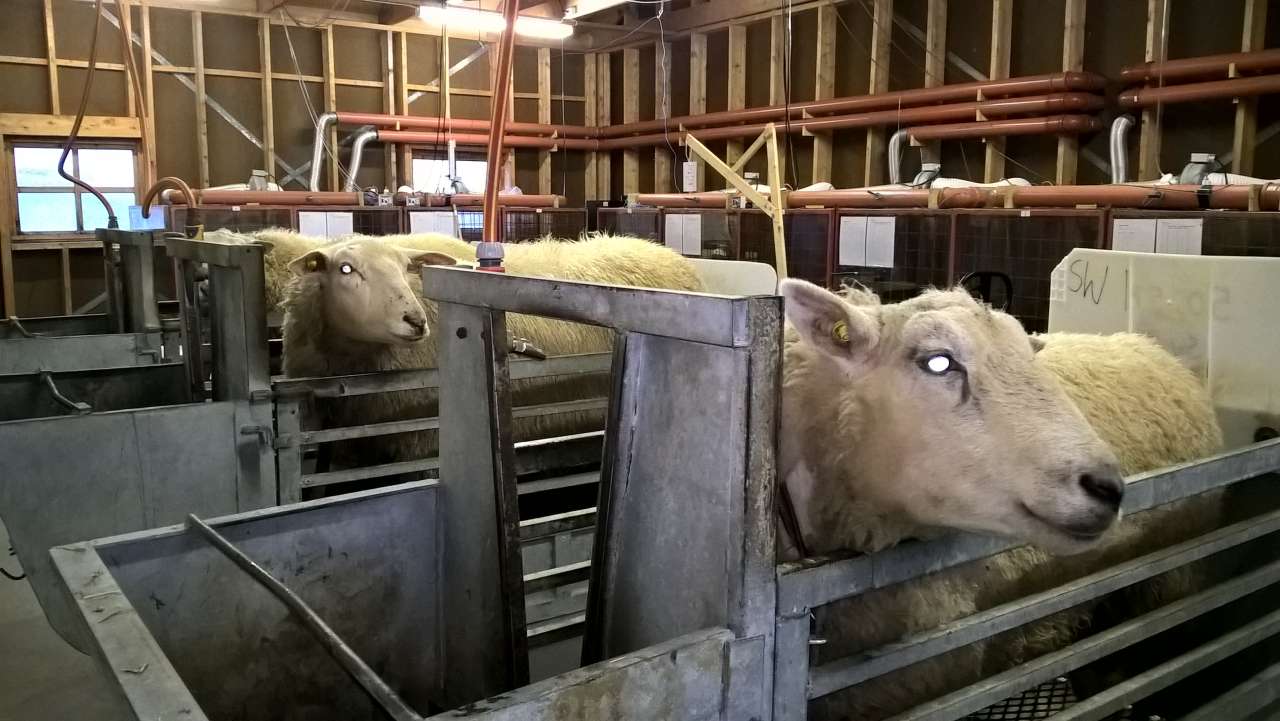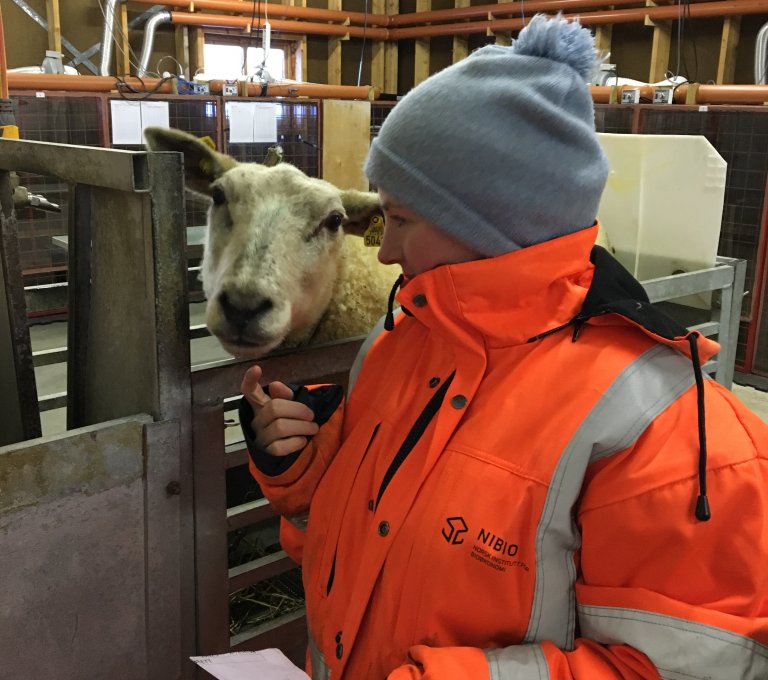Division of Food Production and Society
Changes in biochar properties after passing through the digestion system of sheep (SheepChar_2)

End: jun 2020
Start: jul 2019
Several scientific groups have concluded that the use of biochar as an on-farm management tool should be further investigated. Review articles pinpoint the use of biochar to reduce greenhouse gas (GHG) emissions from the entire agricultural production, and this should be studied using whole-chain models.

| Status | Concluded |
| Start - end date | 01.07.2019 - 30.06.2020 |
| Project manager | Vibeke Lind |
| Division | Division of Food Production and Society |
| Department | Grassland and Livestock |
| Total budget | 420000 |
Biochar is a solid material obtained from thermochemical conversion of biomass in an anaerobic environment. Biochar is a porous material with a large relative surface, so the use of biochar in management of compost and animal manure may help bind soluble plant nutrients and/or GHGs. The longevity of biochar in soil can enhance long-term pasture productivity by enhancing soil physical conditions, for example reduced bulk density and greater soil porosity (to support easier root proliferation), increased water flow in saturated clay soils and increased water retention in sandy soils.
Annual amendments of slowly degrading biochar present in the manure are likely to lead to an accumulation of a persistent carbon pool in the soil and assist in creating optimal soil physical conditions that support good plant growth.
Manure is a resource of interest in biogas production. In a biogas reactor, both biogas and bio fertilizer is produced. The benefit of bio fertilizer is that the nitrogen is more easily available for the plants to utilize which means it is more efficient as a fertilizer than manure. This will lead to reduced use of mineral fertilizers and is therefore beneficial from a climate change perspective. Biochar is in some cases added to animals’ diets with the main purpose of enhancing animal health. In addition, there are indications that biochar fed to ruminants may reduce enteric methane emission. Biochar seems to be a component for multiple purposes related to reduce GHG emissions. However, the connections and chain of actions are to our knowledge not described.
